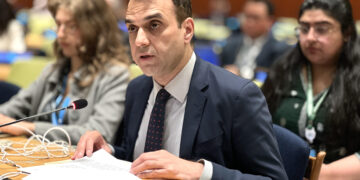This day I have perfected for you your religion and completed My favour upon you. (Holy Qur’an 05:03)
The first ten days of Dhul Hijjah, the 12th and final month of the Islamic calendar, are considered the best ten days of the year for Muslims, even more so than the last ten days of Ramadan. Indeed, Sunan Ibn Majah states that ‘there are no days in which righteous deeds are more beloved to Allah than these ten days’.
On the Day of Arafah, the 9th day of Dhul Hijjah 632, Prophet Muhammad (SAW) delivered his final sermon on Mount Arafat, and it was on this day that Allah (SWT) completed His favour and perfected the religion of Islam. It is during this period that millions of Muslims from all corners of the world come together in the holy city of Mecca to take part in Hajj, one of the five pillars of Islam.
Although we may not be able to perform Hajj this year, there are still plenty of ways for us to reap the rewards of these blessed ten days by engaging in voluntary fasting, worship, charitable giving and offering Qurbani.
The Prophet (SAW) said: “Fasting on the day of Arafah is an expiation for the preceding year and the following year.”
(Ibn Majah)
Fasting on the Day of Arafah on the 9th day of Dhul Hijjah is a great way for us to seek forgiveness for our sins and to draw closer to Allah (SWT). If we are unable to fast on the Day of Arafah, then fasting on any one of the first ten days of the month is still incredibly beneficial; according to a Tirmidhi narrated hadith, the Prophet (SAW) is reported to have said it’s like fasting for an entire year!
Let’s make the most of this blessed opportunity to seek forgiveness and start afresh for the new year.

















